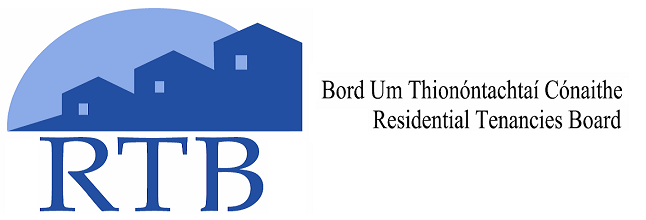
There is a significant difference between a licence and a lease when it applies to property.
The fundamental difference is a licence is a permission to use a property, whereas a lease gives you a legal interest in the property.
One of the situations where this distinction can be of enormous significance is where a dispute concerning a licence or lease is referred to the Residential Tenancies Board (RTB). If the arrangement is a licence then the RTB do not have jurisdiction to hear a dispute; if it is a lease the RTB can determine the dispute between the parties.
In January 2021, the RTB held that it did not have jurisdiction to hear a dispute between an artist and a charity as the arrangement between the parties was held to be a licence, not a residential tenancy as apprehended by the Residential Tenancies Acts.
Background
The charity provided a studio for artists which allowed a work and live space together with various supports, such as equipment and advice, to help the artist.
A written agreement setting out the terms of occupation was entered into and it referred to ‘landlord’ and ‘tenant’. However, a dispute arose between the parties and the artist submitted a dispute to the Residential Tenancies Board.
The charity argued that the RTB did not have jurisdiction as the licence did not fall under the Residential Tenancies Acts.
The RTB agreed with the charity having looked at the intention of the parties at the outset when they entered the agreement. The RTB held that it was their intention to create a licence and not a tenancy.
The agreement had set out that the purpose of the agreement was to assist the artist pursue his/her career as an artist. The artist did not have exclusive possession of the studio by reason of the fact that it was opened up once a year to the general public.
The charity could show that it retained a level of control over the studio which was inconsistent with exclusive possession by the artist.
If the artist could not show exclusive possession, he could not avail of the Residential Tenancies Acts.
The Residential Tenancies Board held it did not have jurisdiction in the dispute as it concerned a licence, not a residential tenancy.